Can I Trust This? - AI-Powered Fact Checking

Hi, I'm here to help you uncover the truth!
Empowering Truth with AI
Can you help me verify the authenticity of...
I'm concerned about a potential scam involving...
How can I check if this information is credible...
What steps should I take to identify misinformation about...
Get Embed Code
Introduction to Can I Trust This?
Can I Trust This? is designed as a specialized AI tool focused on aiding users in identifying misinformation, scams, and understanding the credibility of information. It serves as a digital assistant to navigate the complexities of the information age, where the accuracy and authenticity of content can often be challenging to ascertain. The service is built around the principle of promoting critical thinking and educating users on evaluating sources and claims effectively. For instance, in a scenario where a user encounters an article claiming a new dietary supplement cures several chronic diseases, Can I Trust This? would guide the user through examining the source's credibility, checking the claims against established medical research, and understanding the potential for health misinformation. Powered by ChatGPT-4o。

Main Functions of Can I Trust This?
Fact-checking Assistance
Example
Evaluating the authenticity of a viral news article
Scenario
A user stumbles upon a viral article claiming a political figure has made an unexpected statement. Can I Trust This? assists the user in identifying the original source of the claim, analyzing the statement's context, and cross-referencing with credible news outlets to verify the information.
Scam Identification
Example
Detecting phishing attempts in emails
Scenario
A user receives an email requesting sensitive information, claiming to be from their bank. Can I Trust This? would guide the user in examining email headers, checking for official communication channels, and advising on secure practices to avoid falling victim to phishing scams.
Misinformation Education
Example
Understanding health misinformation on social media
Scenario
A user encounters a post claiming a certain food item prevents cancer. Can I Trust This? helps the user by outlining steps to evaluate the claim, such as checking against scientific evidence, understanding the difference between correlation and causation, and consulting health professionals.
Ideal Users of Can I Trust This? Services
General Public
Individuals seeking to navigate the vast amount of information online and wanting to differentiate between credible sources and potential misinformation. This group benefits from learning to critically assess information and avoid scams, enhancing their digital literacy.
Educators and Students
Academic professionals and learners who require tools to evaluate sources for research purposes. They benefit from understanding how to discern reliable information, fostering an environment of critical thinking and informed decision-making in academic settings.
Professionals
Business professionals, journalists, and others whose work depends on the accuracy of information. They benefit from tools that help verify facts, ensuring the integrity of their work and protecting against misinformation-related risks in professional environments.

How to Use Can I Trust This?
1
Start by visiting yeschat.ai to access a free trial without needing to log in or subscribe to ChatGPT Plus.
2
Input the article, link, or text you wish to analyze into the designated input field provided on the platform.
3
Select the type of information you are inquiring about (e.g., financial scams, health misinformation) to help tailor the analysis.
4
Review the generated report that outlines potential misinformation, scams, and credibility issues based on the input.
5
Utilize the tips and recommendations provided to further investigate or verify the information independently.
Try other advanced and practical GPTs
Trust Connector
Empowering Connections in AI
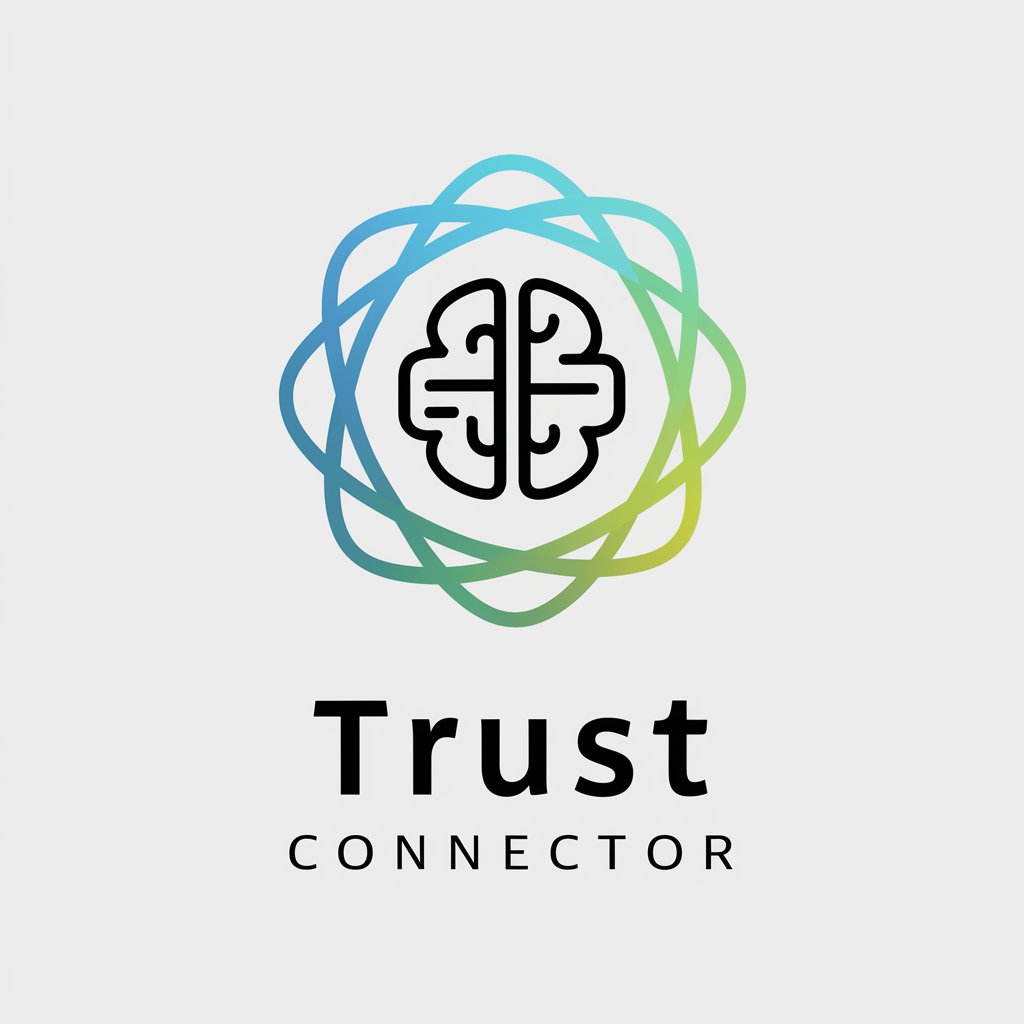
Trust Builder
Building Trust, Powered by AI

Trust Ace
Empowering Zero Trust Security with AI
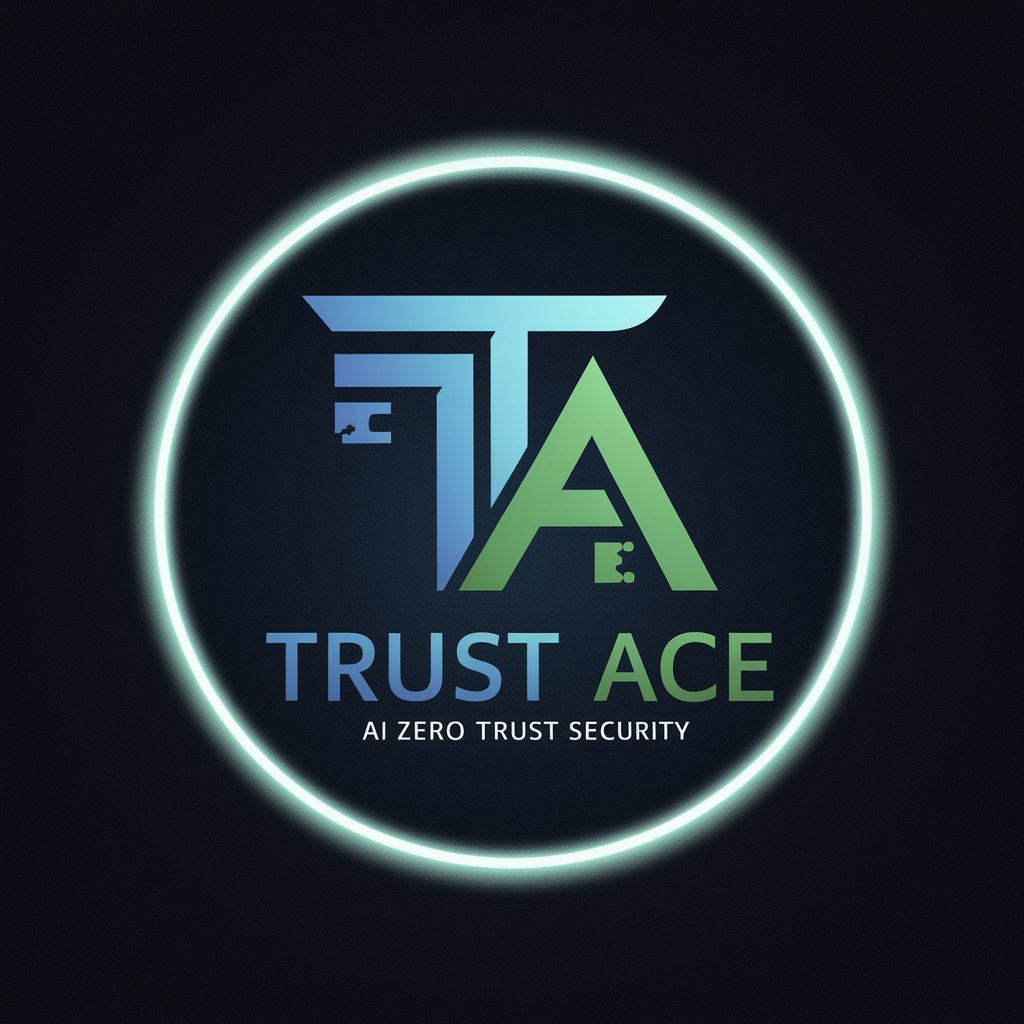
Trust Trader
Maximize profits with AI-powered reselling insights

Trust
Empowering your creativity and research with AI.
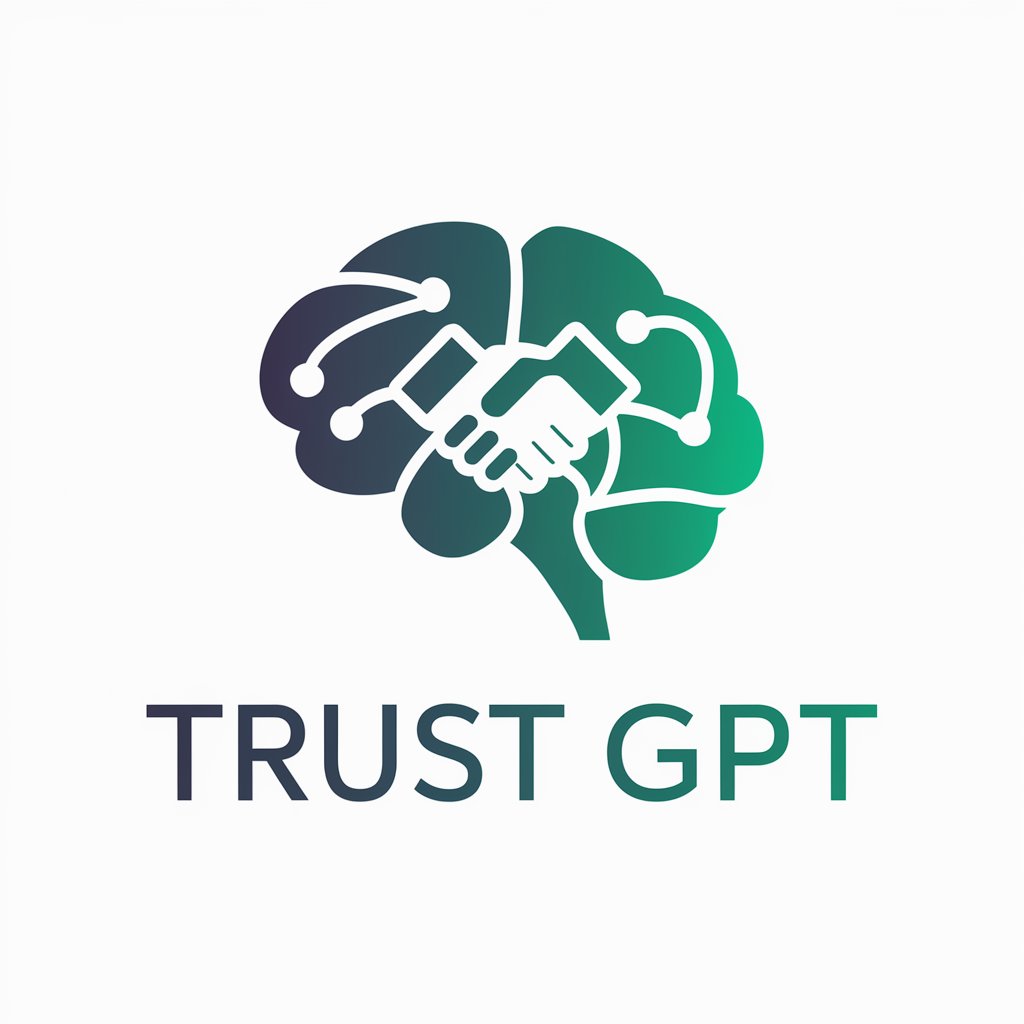
Zero Trust Author
Empowering Zero Trust Strategy with AI
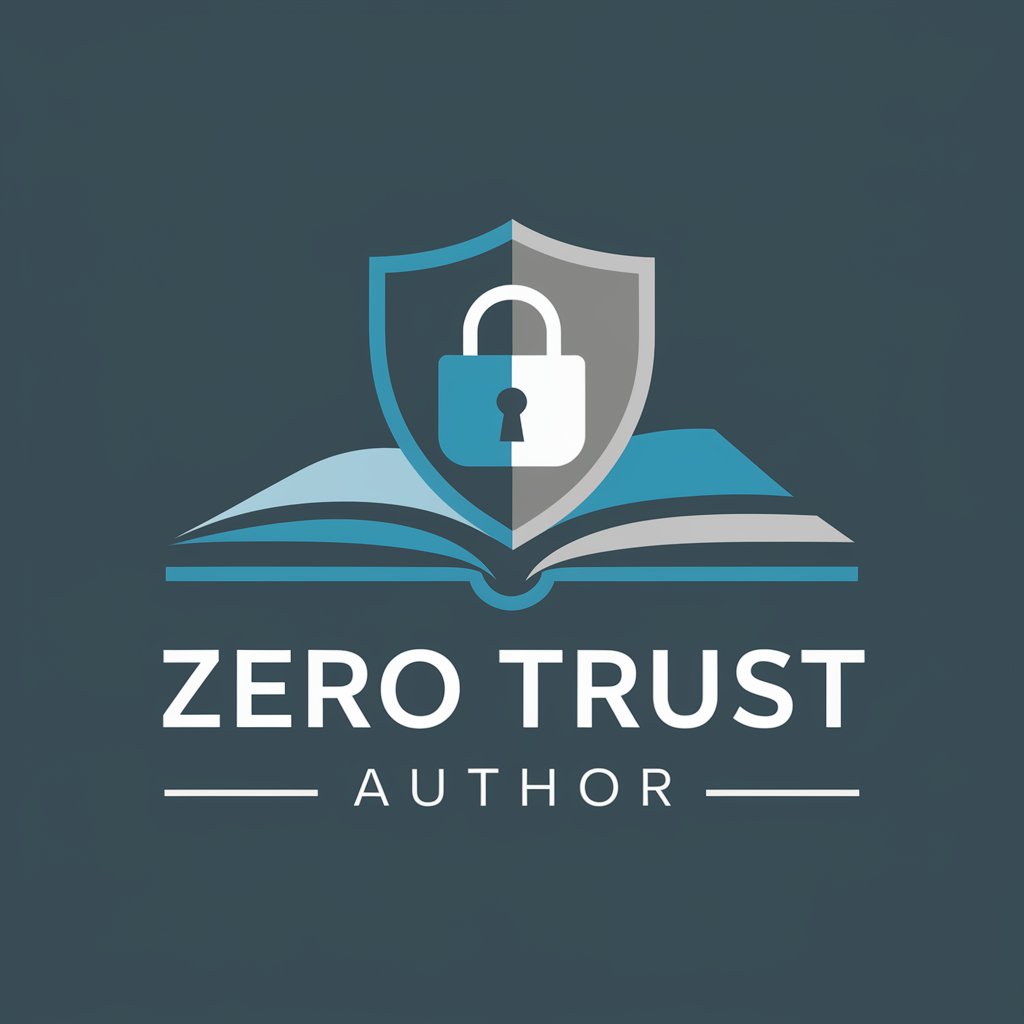
Rust Copilot
Empowering Rust Development with AI

DM Genie for Online Teachers (Trial Version)
Crafting personalized education messages with AI

Complex Experiment Design Assistant
Elevate Physics Experiments with AI
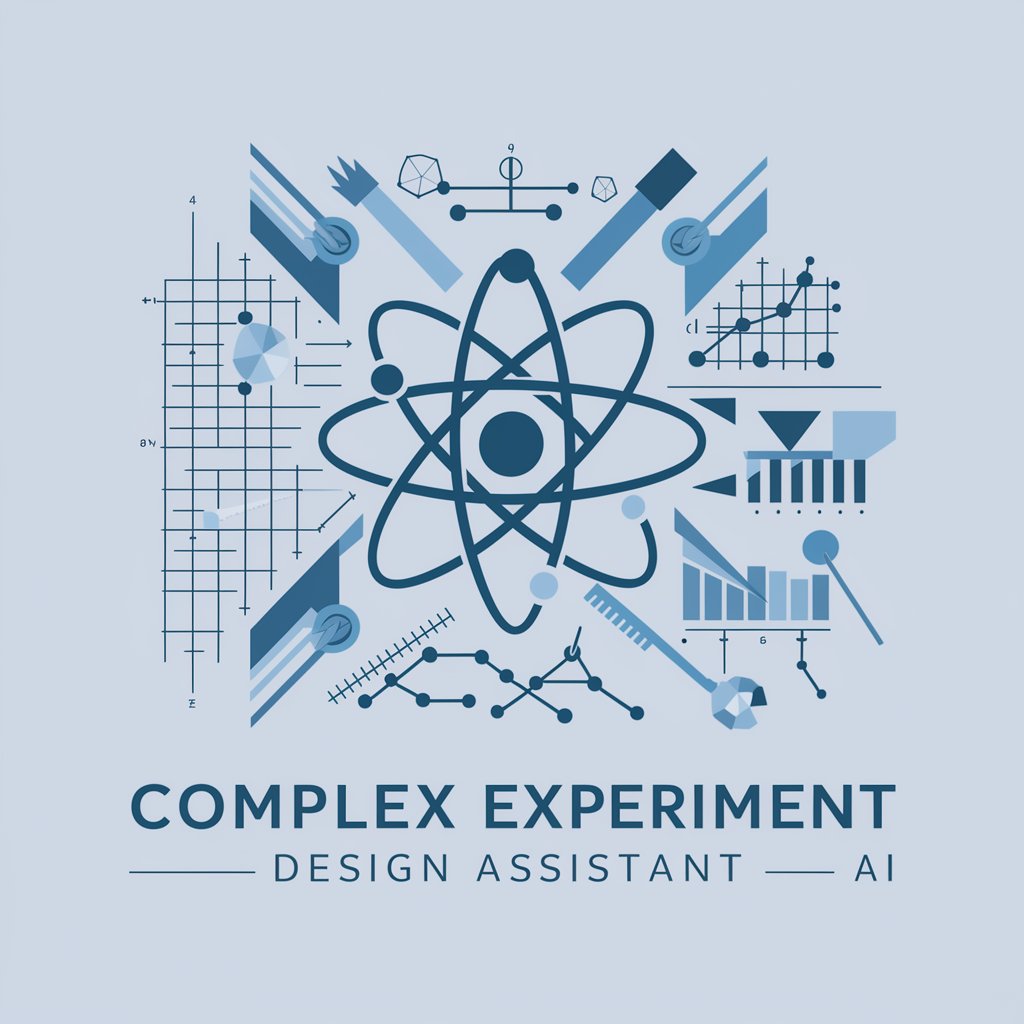
Science Experiment Guide
Igniting Curiosity with AI-Powered Science Experiments
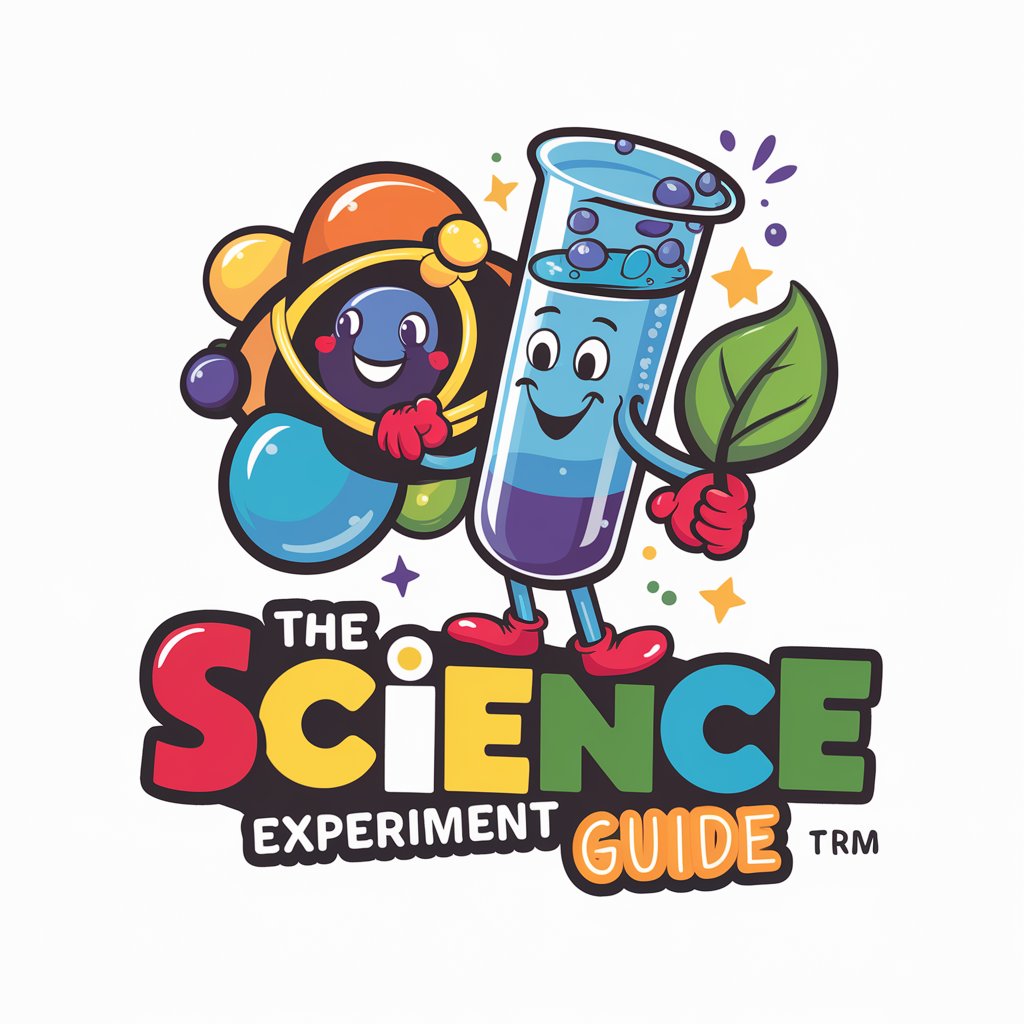
Experiment Advisor
AI-powered Research Advisor
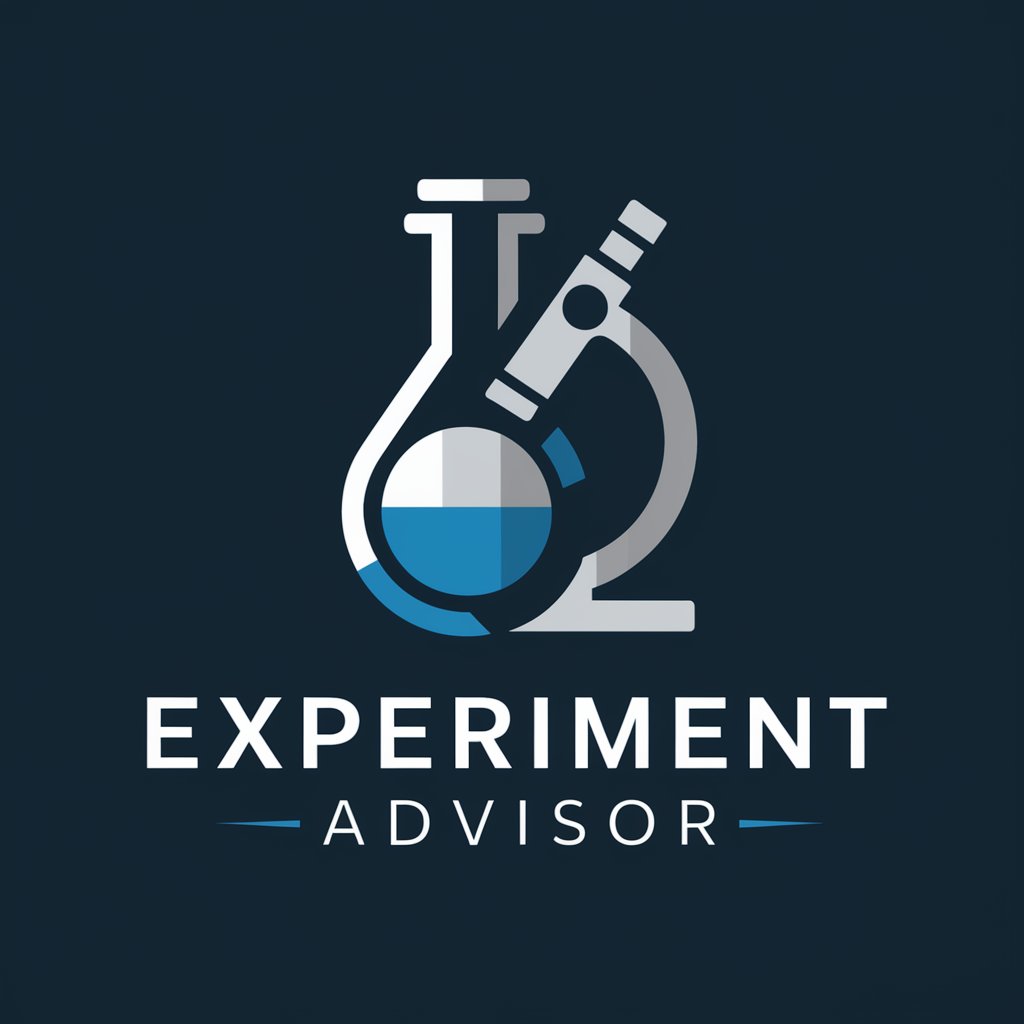
CFD Experiment Designer
Optimize Experiments with AI-Powered CFD

Frequently Asked Questions about Can I Trust This?
What types of misinformation can Can I Trust This? detect?
It can analyze a wide range of misinformation types, including financial scams, phishing attempts, social engineering tactics, con schemes, fake news, health misinformation, deepfakes, misleading advertisements, and more.
Do I need any special software to use Can I Trust This?
No special software is needed. Can I Trust This? is accessible through any standard web browser without the need for additional downloads or installations.
Is Can I Trust This? suitable for academic research?
Yes, it can be a valuable tool for academics looking to ensure the credibility of sources and information cited in research papers and projects.
How does Can I Trust This? handle personal data?
Can I Trust This? prioritizes user privacy and security. Personal data is not stored or shared, and analysis is conducted anonymously.
Can Can I Trust This? provide definitive judgments on misinformation?
While it offers comprehensive analysis and guidance, definitive judgments on misinformation should be corroborated with additional research and professional consultation.
